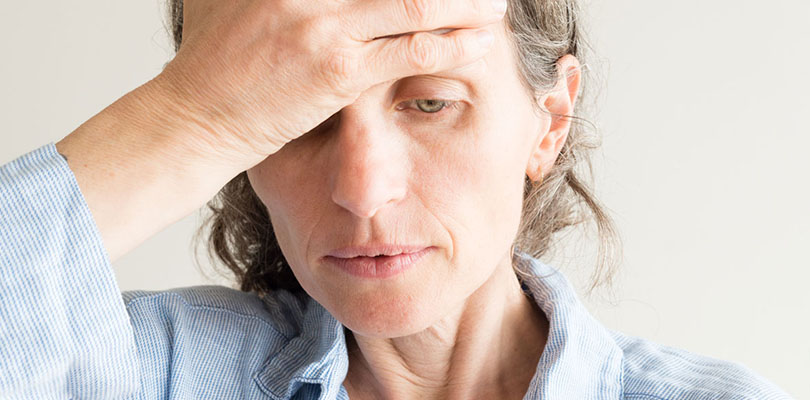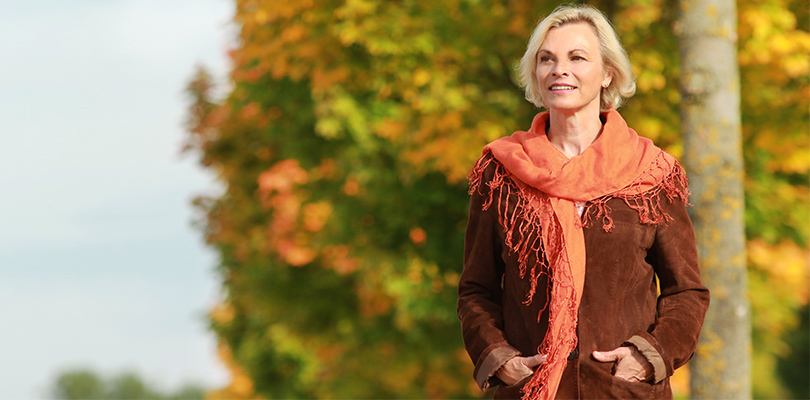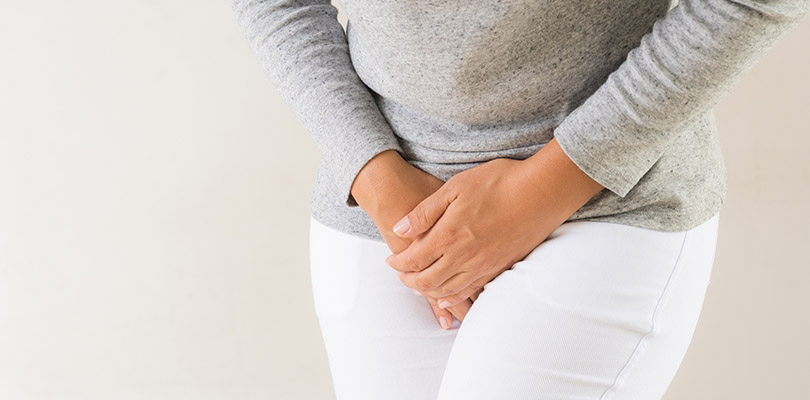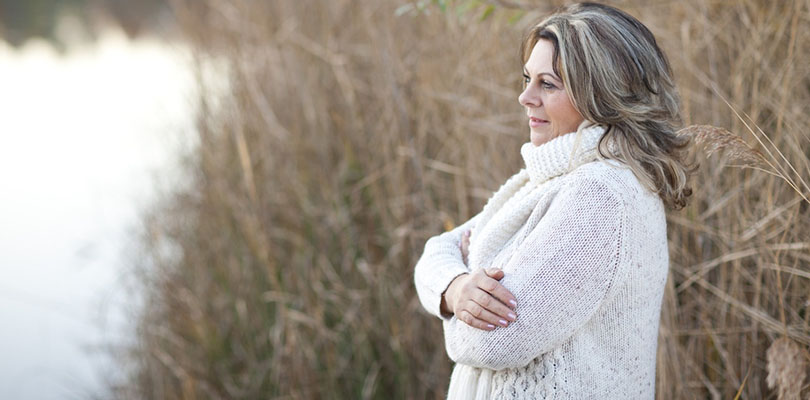All You Need to Know About Menopausal Arthritis
Arthritis is a condition that causes inflammation of the joints. There are many different types of arthritis including osteoarthritis, rheumatoid arthritis, psoriatic arthritis and gout. The most common type though is osteoarthritis, a condition which is most likely to affect menopausal women. Let’s see if there is a link to menopausal arthritis or if it is pure coincidence.
The Relationship Between Menopause and Arthritis
When a woman reaches menopause, her body undergoes drastic hormonal changes. The most notable of these is reduced levels of estrogen, which is the primary female sex hormone.
This sudden decrease in estrogen can lead to a number of different symptoms. Most people associate menopause with hot flashes and mood swings, but these are just two of many possible menopausal symptoms. One of the lesser-known problems that menopausal women may have to deal with is joint pain and arthritis.
It is unclear exactly how falling estrogen levels impact the joints during and after menopause, but the relationship seems solid. Research has found that estrogen can impact every aspect of joint health including the bones, muscles, cartilage and ligaments.
What is Menopausal Arthritis?
Menopausal arthritis is a form of joint pain and inflammation which happens during or after menopause. It often occurs early in menopause and may continue to get worse as time goes on. It is likely that women with menopausal arthritis will still have the condition even after their other menopausal symptoms have disappeared.
Osteoarthritis is the most common culprit of menopausal arthritis. This is a form of inflammation caused by the wear and tear on the joints over time. However, women with conditions such as rheumatoid arthritis may also find that their symptoms become worse during menopause.
What Causes Menopausal Arthritis?
Menopausal arthritis is usually a form of osteoarthritis. This painful condition is caused by repetitive use of the joints over time. The bones of a joint are covered with cartilage, a smooth tissue which helps the bones to move over one another without causing friction. However, with repeated use, this cartilage begins to deteriorate. When this happens, the bones grind together leading to severe inflammation and pain.
Osteoarthritis most commonly affects older people and is more common in women than men. Other risk factors for osteoarthritis include being overweight, a family history of the condition, previous injuries and repetitive physical activities such as manual labour or certain sports.
Symptoms of Menopausal Arthritis
The most common symptoms of menopausal arthritis include:
- Joint pain
- Swelling
- Stiffness
- Joints that look red or feel hot to touch
- Reduced range of motion
- Clicking, cracking, or grating noises with movement
- Joint deformities
- Weak or stiff muscles surrounding the affected joint
The joints most commonly affected by menopausal arthritis are the weight-bearing joints such as the knees and hips. However, any joint in the body can be affected.
The classic arthritis symptoms of joint pain, swelling and stiffness may be accompanied by other menopausal symptoms such as:
- Hot flashes
- Night sweats
- Mood swings
- Fatigue
- Weight gain
- Vaginal dryness
The physical and emotional toll that menopause takes means that you need support. Here are a few tips for explaining menopause to your spouse.
Treatment for Menopausal Arthritis
There is no cure for menopausal arthritis, although mild to moderate symptoms can be managed with physical therapy and medication.
Some of the most common drugs for arthritis include non-steroidal, anti-inflammatory drugs (NSAIDs) such as ibuprofen and naproxen, and painkillers such as acetaminophen. In more severe cases, a steroid injection can be given directly into the affected joint to relieve inflammation and pain.
It may also be possible to relieve the symptoms of menopausal arthritis using hormone replacement therapy (HRT). Although there is not much evidence that HRT is effective for menopausal arthritis, it may be worth trying if you are suffering from other menopausal symptoms too.
Other options for treating menopausal arthritis include alternative therapies such as acupuncture, massage or osteopathy, and nutritional supplements or herbal remedies such as devil’s claw. Talk to your physician to find out whether these therapies are safe for you.
If all other treatments fail, surgery may be necessary to replace the affected joint. However, this is usually a last resort due to the risks associated with surgery.
Prevention of Menopausal Arthritis
Luckily, there are several ways to minimize your chances of developing menopausal arthritis.
Maintain a Healthy Body Weight
Firstly, it is essential that you maintain a healthy body weight because being overweight puts unnecessary pressure on your joints and increases the risk of arthritis. Eating a healthy diet and exercising regularly are especially important as you reach menopause, a time when your weight often increases naturally. Avoid high-impact sports such as running or racket sports as these can make any joint problems worse. Instead, aim for gentle exercises such as swimming, cycling, yoga, or tai chi.
Keep Stress Levels to a Minimum
It is widely believed that emotional stress can increase inflammation in the body and contribute to conditions such as arthritis. Try to keep your stress levels down by practicing relaxation techniques such as breathing exercises, walking in nature, or making time for a new hobby. Eat well, reduce your alcohol intake and make sure you are getting enough sleep.
Switch up Your Diet
You can also minimize your chances of developing menopausal arthritis and other inflammatory conditions by eating an anti-inflammatory diet such as the Mediterranean diet or the DASH diet. These diets are rich in fresh fruit and vegetables, whole grains and protein, while being low in processed foods, sugar and trans-fats. You could also try incorporating some anti-inflammatory spices such as turmeric and ginger into your diet.
Quit Smoking
Finally, stopping smoking is one of the best ways to reduce inflammation and improve your general health. Ask your pharmacist or physician for support if you need it.
Overview
Unfortunately, as a woman, there is nothing you can do to prevent the menopause. However, you can take steps to prevent arthritis and make the whole process a little less painful!







